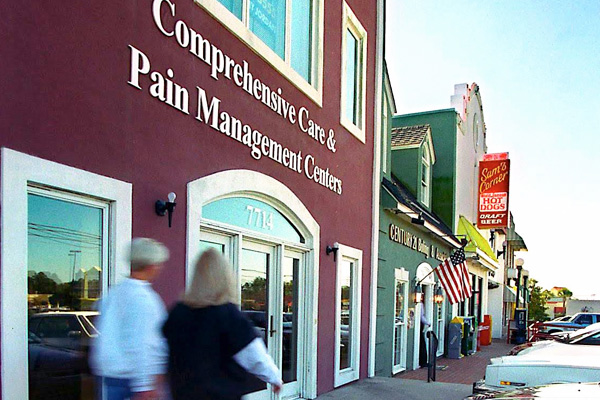WATCH – IT HURTS –
Oct. 7, 2021 – It all began after the 1999 car wreck. Altman figured she just needed some physical therapy to help with the resulting back pain. When her physician prescribed her a low dose of OxyContin — one 10 mg pill twice per day — she started feeling normal for what seemed like the first time in her life. Scoliosis, a sideways curvature of the spine, had caused her chronic pain for years. “It was almost like (OxyContin) was what was missing in my brain,” Altman recalled. Whenever she ran low, she’d return to her physician, relay that she still had some slight pain as she built up tolerance, and return to her pharmacist with a prescription for an increased dose of the powerful narcotic. Altman was regularly taking four 80 mg OxyContin pills per day when she returned for her regularly scheduled doctor’s visit and saw police tape wrapped around the Myrtle Beach clinic. A sign on the door read, “To our patients — due to recent sanctions placed on us by the DEA, we are currently closed.” Within weeks, she was purchasing OxyContin off the streets, spending hundreds of dollars per day and most of her time to feed an addiction she didn’t realize she had until it was too late. She was one of about 3,000 patients that passed through Comprehensive Care and Pain Management Center’s doors on North Kings Highway. Authorities shut down the Myrtle Beach clinic in June 2001 and federally charged eight of its physicians with overprescribing opioids.



